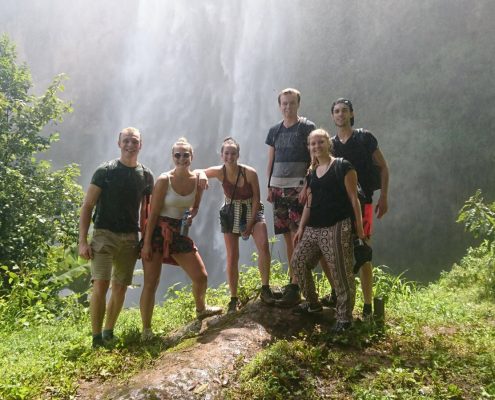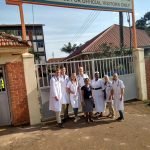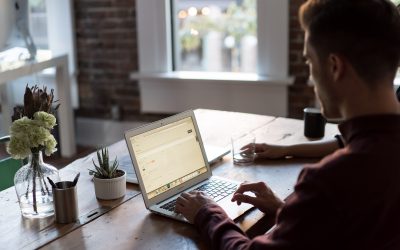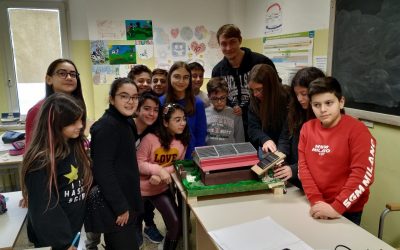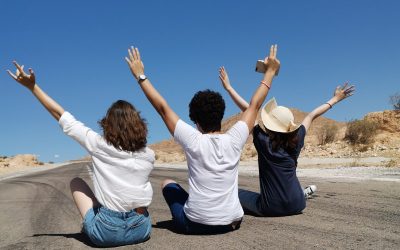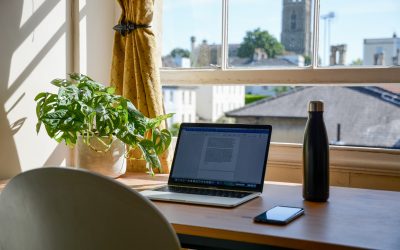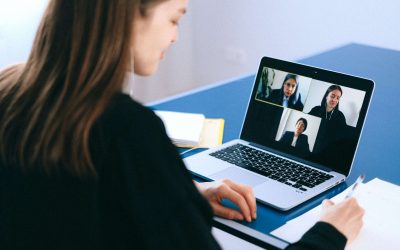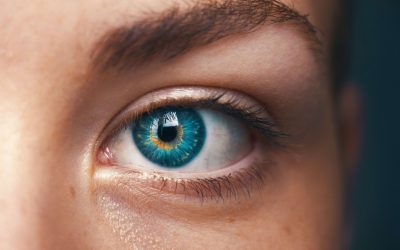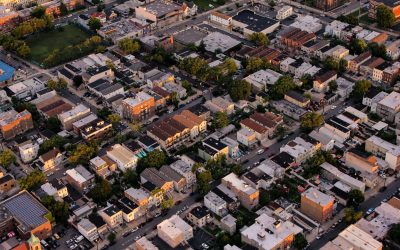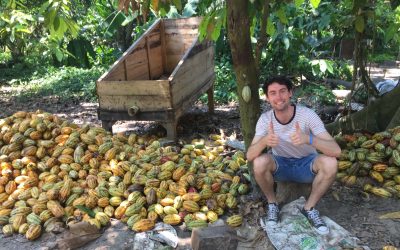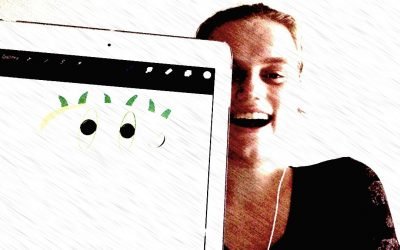When I arrived it was already dark outside, but everything went (surprisingly) smooth; we were picked-up at the airport in Uganda by car and went to the accommodation, all on a quite road with nice African music on the background. By the time I did not know this would be one of the few times it would go that way.
Not until the next morning I realised where I ended up: the huge capital of an African country with about 1.5 million inhabitants, but by no means enough infrastructure, resources and opportunities to provide a home to all those people. The city’s population is still increasing exponentially and since they barely build new roads, we were not able to travel to the hospital as we expected. Going by bus, car or taxi would take us forever. Instead we travelled by a “boda boda”, which is a kind of motorcycle and turned out to be one of the main ways of transport in Uganda.
Back in The Netherlands I could never imagine how traffic would be up here. Instead of a regulated way of vehicles moving in more or less the same direction, everyone seemed to just randomly drive in whatever direction they want and surprisingly, most of the time this went well. However I bet one of us would not last driving a mile before getting into an accident, so every trip on a boda was already a thrilling experience itself.
Sometimes, daily practice in the hospital was unregulated in a comparable way. The hospital owned an X-ray and a CT-scan, which most hospitals out there don’t have. So thankfully lack of technology was not the main problem. More the lack of organization and skilled people. But above all, the lack of money and knowledge in the general population. Most of the time people suffered from (in our point of view) ‘easily’ preventable diseases. However, they often waited long before going to a hospital. Once they arrived, they were simply not able to pay for their treatment. So it was not possible to give patients the same treatment as they would get in a country as ours. But it was surprising to see how they are able to deal with certain diseases, despite the lack of resources and with a lot lower costs compared to a western country.
In medical perspective I didn’t learn as much as I would have in a Dutch hospital for 6 weeks. However, I did learn about different health issues, which still account for most victims worldwide. But not only that, I also learned about a new culture and a different way of living in Uganda. Besides I learned to manage myself in a new environment and unknown situations; that it is not always possible and besides necessary to plan everything in advance. Sometimes it is way easier to just do something and see how it turns out. When needed, there are always some people out there, willing to help you.
This post was written by Willem Baijens. Willem went on a voluntary project with AIESEC in the Netherlands to Uganda. We offer international voluntary projects and professional internships with the aim of developing leadership in youth.

